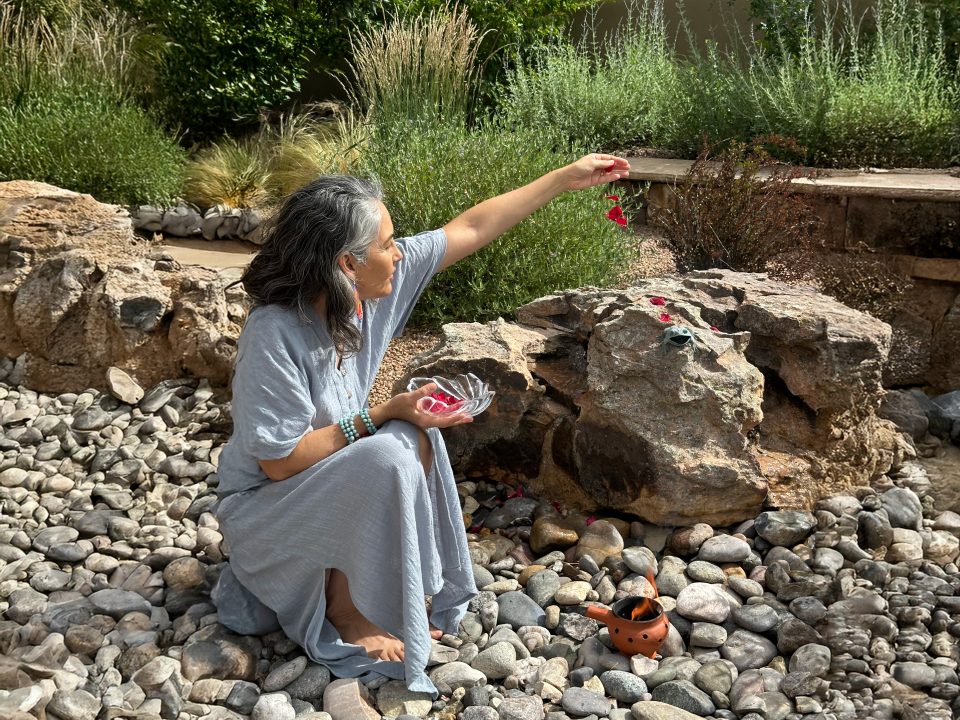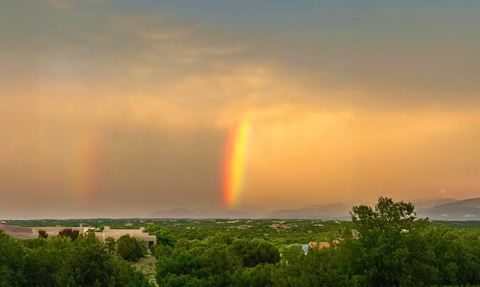
Enantiodromia: When the Pendulum Swings to the Other Side
August 8, 2025
Synchronicity: Beyond Coincidence
October 6, 2025Spiritual Narcissism

As we awaken to the realization that we need to mature to life’s demands—literally, emotionally and spiritually—we begin to take responsibility for our growth and step into the work of transformation. When this happens, it is a gift, for we are engaging more consciously with our evolution.
Across cultures and throughout the ages, countless maps have been drawn to illuminate the archetypal milestones of the journey. In the ancient world, the guidelines where encrypted within myths and legends—such as the initiatory descend of Persephony or the heroic quest of Gilgamesh.
Nowadays some of the most known and studied maps in the modern world are: Jung’s Individuation Process, the Native American Medicine Wheel, Joseph Campbell’s Hero’s Journey, the Alchemical Stages, the Kabbalistic Tree of Life, the Buddhist Noble Eightfold Path and the Sufi Path of the Heart, to name a few.
Each of these maps reflects a different cultural lens, but they all point toward a similar archetypal pattern: the movement from fragmentation toward wholeness and a deeper integration with community and cosmos.
Now, as we set out on the journey—whatever compass we may be following, or even if we have none at all—it becomes clear how essential it is to turn inward and examine oneself. From this place, we can discern where and how we need to mature. In other words, we engage in inner inquiry: What patterns or attachments am I ready to release? What qualities do I need to cultivate? What gift can I offer to my community?
Up to this point, our quest remains both desirable and acceptable. But, when does it cross the line into spiritual narcissism?
It does so when we become so absorbed in our own growth that we lose sight of others for longer than is healthy. A certain degree of self-focus is natural and necessary on the path—it allows us to heal, integrate, and cultivate strength. But when this self-focus becomes excessive or prolonged, it has crossed the line.
Another indicator is when someone begins to feel overly special or superior to others, taking on an air of authority while lecturing others and offering unsolicited advice. This can also manifest in subtle or overt judgments, dismissing others as unenlightened or less evolve. For introverts, the inflation may not take the form of speech but of display. They might show off their uniqueness or spiritual status through clothing, symbols, or rituals.
From the perspective of depth psychology, spiritual narcissism is closely related to what Carl Jung termed inflation. For example, an individual may have a genuine mystical insight or visionary encounter, but instead of integrating it with humility, the experience becomes a source of pride or a way to impress others. The seeker begins to cling to such extraordinary experiences as proof of worthiness, forgetting that what matters is not the epiphany but how one applies that wisdom in relationships and everyday life.
Authentic personal development, therefore, requires constant vigilance. It calls for discernment to notice when our practices are nourishing genuine growth and when they are inflating our ego. In other words, we must notice when self-reflection deepens our humility and connection with others, and when we slips into self-absorption and isolation.
Certainly, driven by ignorance, I have live through all of those ego-centric stages and now I find it profoundly liberating to care less about who approves of me and who doesn’t. My focus has shifted from seeking validation to offering contribution. Hallelujah!
Please share about your experiences and thoughts.
With love,
Marcela Lobos






3 Comments
Thank you for this insight. This has post has given the words to what I have not been able to clearly articulate on my own. I feel it is very much needed as we are growing so quickly and can become blinded to our self’s.
Thank you for this powerful reminder. It’s far too common for our egos to claim superiority once we begin to glimpse a greater spiritual paradigm. It’s light bearers like you who help us remain grounded and humble. Thank you.
Thank you so much, Marcela. I’ve read what you’ve written and treasured it. I think that at some point in every journey, the ego takes over and you risk a spiritual crisis. Thank you so much for sharing this because it’s truly important and so few people talk about it. A huge hug.